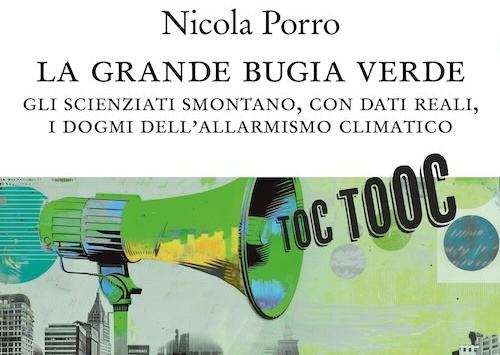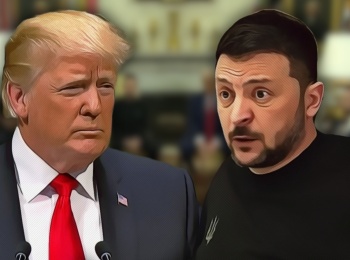Pubblichiamo l’articolo di Daniele Capezzone comparso su The Conservative, il periodico diretto da Dan Hannan: analisi della situazione italiana, tra rischi, opportunità, punti di forza e di debolezza
It is not easy to offer a fair and balanced view of the psychedelic events of the Italian political scene.
Due to an electoral law designed not to produce any clear winner, the political spectrum seemed paralyzed between three blocs, after the general elections of the 4th of March. Then, there was a game-changer: two populist forces, in spite of having fought against each other at the elections, decided to forge an alliance.
So, the League (18 per cent, but now rising to 28, according to the latest opinion polls) and the Five Star Movement (32 per cent) have been joining their forces, creating a real political laboratory in the Western world: a coalition of left-wing and right-wing populist forces. Imagine in the Us an alliance between the hottest part of Trump’s supporters and Bernie Sanders, or in Britain between Corbyn and Farage, and you may have an idea of what’s happening in Rome.
But – please – don’t forget to look at the electors: an immense middle-class whose living standards have been stagnating for years, and whose fears and anxieties have been dismissed by the “intelligencja”. For so many years, the Italian electors have not been allowed to choose freely their government: they have been forced to accept technocratic juntas. In addition, they have been constantly lectured and patronised with the usual mantras: “more Europe, more immigration”.
It was natural that they should grab the elections as an opportunity to take revenge against the political establishment, and to reject the dogma of the tiranny and of the infallibility of the Eu. That’s why the old parties lost badly, in spite of their Venezuelean control of the media.
During the negotiations to form the government, the President of Republic, Mr Mattarella, committed a blunder, from my perspective: he vetoed the appointment of Paolo Savona as Finance Minister. Who is professor Savona? He is a distiguished and authoritative academic, he is 82, he used to be a europhile, but, in the latest years, he has grown into the awareness that the Eu rules must be renegotiated. He also hinted at a “plan B” to be prepared, in order to negotiate more strongly with Brussels.
Incredible as it may seem, such reasonable positions have been regarded in terms of anathema by the Italian élites: the crime of blasphemy (against the Eu!) has been reintroducted. And so, the Italian President decided to move him to a different position in the Government. As far as I am concerned, the President made a fundamental mistake: you cannot give the idea that even a nuanced eurosceptism is not allowed. What kind of democracy are we living in, if electors are treated as children?
In any case, now, let’s try to describe the pros and cons of this unusual coalition, and also the risks and the opportunities that we are going to face in the next months.
The populist coalition should be encouraged in two directions: first, to introduce a shock tax-cut, in order to revive the economy, which was part of their electoral manifestos; second, they should be part, together with other countries (Visegrad Group, etc), of a new bloc which might act as a counterbalance to the Berlin power.
On the other hand, the coalition has at least two main problems. First, they are ardent admirers of the Kremlin: while they should shift their geopolitical compass towards Nato, in their own interest. As Italy is bound to have some tough conversations with Berlin and Brussels, the Italian Government should do its best to get in touch with Washington, London and Jerusalem. Second, unfortunately, the economic approach of the winning parties is fundamentally statist: they are excessively inclined to be confident in an assertive role of the state and in public spending.
Raising our eyes to the horizon, Italy has several dramatic reasons for vulnerability: high taxes, high public spending, high sovereign debt, and a fragile banking system. On the other hand, Rome has some potential to build on: an immense bloc of 7-8 million of dynamic small businesses (Italy has a strong entrepreneurial spirit), and a natural inclination to ownership, as 70 per cent of the Italian families – besides being good savers – have a house of their own. Good reasons for a free-market approach, and to rely on individuals, families, businesses. Will Five Star Movement and League be wise enough to focus on these opportunities?



